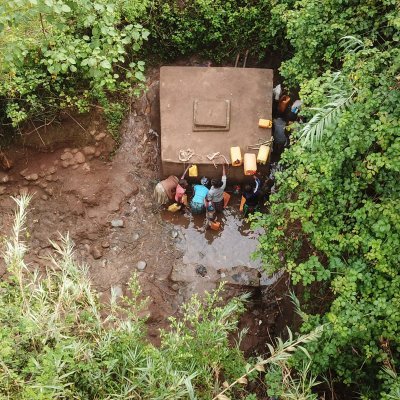African Water facility launches a new financing window for sanitation and climate
Despite sanitation being a fundamental human right, critical to public health, environmental sustainability, and overall well-being, Africa has one of the lowest access rates in the world.
According to estimates, 2 out of 3 people in Africa do not have access to basic sanitation and basic hygiene services. The African Development Bank estimates that every year, the number of people without access to urban sanitation increases by more than 10 million, due to rapid population growth. The need for sanitation access and building climate resilient cities is high, as we witness the impacts of climate change.
NDF has announced its EUR 12 million financing to the Africa Urban Sanitation Investment Initiative (AUSII), which is hosted by the African Development Bank and its African Water Facility, where NDF has been a co-financier and a strategic ally.
AUSII will develop new business models and financial instruments, prepare bankable and investment-ready projects, and implement innovative and inclusive approaches that can inspire and be replicated. In the next 10 years, this initiative aims to provide 15 million people with safely managed sanitation services.
On the sidelines of the World Water Week, Africa Water Facility launched AUSII with a panel discussion, highlighting the importance of water and sanitation on the continent. Satu Santala, NDF Managing Director said:
“Africa has the lowest sanitation access levels in the world. With AUSII, we aim to provide innovative and socially inclusive solutions to solve this challenge, especially as the impacts of climate change worsen. We at NDF are ready to roll our sleeves and continue this collaboration with partners.”
Read more here.

NDF's Managing Director Satu Santala discussing access to sanitation in Africa at the World Water Week in Stockholm, Sweden. Photo: NDF/Ole Stubdrup

